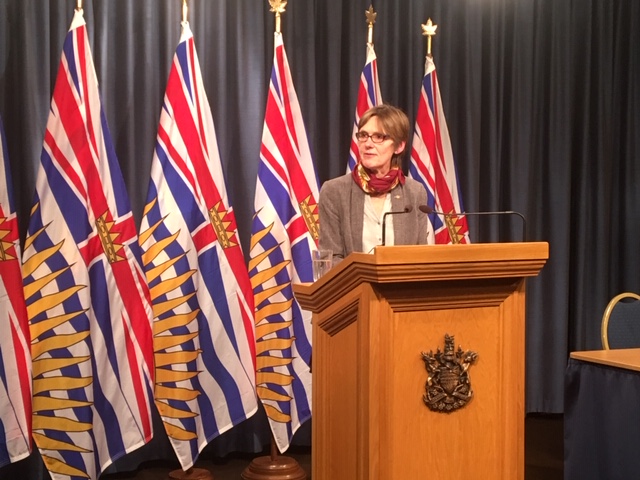
The competition bureau is recommending the B.C. government provide both ridesharing and taxi drivers with the flexibility to choose their own service areas, rather than requiring drivers to stay within limited geographic boundaries. The bureau is also calling on the market to determine how many drivers can operate.
“Some groups believe that, without limits on the number of cars for hire, drivers will be less able to cover their costs of operating, and will need to charge higher rates to passengers in response,” the report reads.
“However, an international review of taxi regulation performed by the OECD found ‘little evidence’ to support this assertion. This argument is also weakened by the fact that greater capacity generates shorter waiting times and higher passenger satisfaction, which may increase demand for car for hire services generally.”
The committee is also looking at the issue of pricing. The competition bureau is suggesting to the government that prices should be determined by market forces to “ensure the best outcomes for both drivers and passengers.”

Get breaking National news
“When prices are raised above the level that market forces would naturally deliver, this results in real harm to the economy,” the Competition Bureau submission to the committee reads.
- Read the full transcript of Carney’s speech to World Economic Forum
- As Donald Trump burns longstanding alliances, Canada thinks the unthinkable
- Ontario-based GFL jobs safe, Ford says, as company moves executive HQ stateside
- ‘Nobody should be above the law’: Former justice ministers criticize UCP for ‘unacceptable’ conduct
“Those passengers with the lowest willingness to pay for the service are pushed out of the market, and forced to go without the transportation choice that is right for them. This results in what economists call ‘dead-weight loss,’ which is a real resource loss to the economy that generally cannot be recouped through other policy means.”
British Columbia will require all ridesharing drivers to get a Class 4 passenger licence and undergo regular criminal checks.
On Tuesday, Transportation Minister Claire Trevena said “it is important that the regulations are created in a way that ensures the safety of British Columbians, and prevents significant growth in congestion like that experienced in other jurisdictions which have introduced ride-hailing, like New York and San Francisco.”
She added a “committee will present recommendations after hearing from a wide range of experts, including input received by the Competition Bureau. I look forward to receiving their report by March 31st.”








Comments